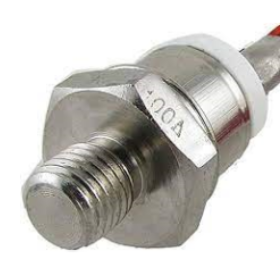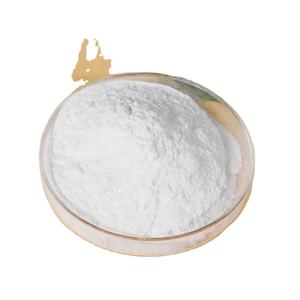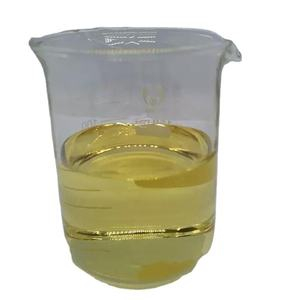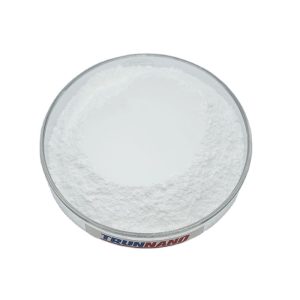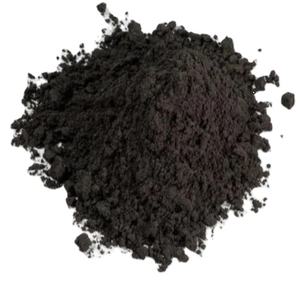Technical Parameters of Powdered Split Second Sodium Silicate (CAS 1344-09-8)
(Technical Parameters of Powdered Instant Sodium Silicate (CAS 1344-09-8))
Keep in mind: We can also personalize sodium silicate powder with moduli of 2.45, 2.5, and 3.4 according to your demands.
Our Series Of Salt Silicate Moduli
We provide powdered instant salt silicate with moduli ranging from 2.0 to 3.3. Additionally, we can customize salt silicate powder with moduli of 2.45, 2.5, and 3.4 to meet your particular requirements.
Introduction
In a period where ecological sustainability and protection are significantly prioritized, salt silicate, also called water glass or soluble glass, has come to be a subject of significant rate of interest across various markets. This functional inorganic substance is necessary in construction, paper manufacturing, and the solution of detergents. The gradual phase-out of traditional phosphorus-based detergent additives, such as salt tripolyphosphate (STPP), as a result of their dangerous influence on aquatic atmospheres, has developed a pushing need for efficient and green alternatives. Sodium silicate, with its unique residential or commercial properties, has actually emerged as a sensible and eye-catching option.
Market Possible
2.1 Global Need Patterns
The international market for focused artificial detergents is experiencing constant growth, particularly with the enhancing appeal of ultra-concentrated powders. In 2000 alone, it was approximated that at least 230,000 lots of salt silicate were needed to fulfill the demand. Given the present restricted international supply, there is a remarkable void between supply and need, indicating substantial development capacity. As customers significantly seek high-quality and environmentally friendly items, the market for sodium silicate is expected to broaden considerably.
2.2 International Competitive Placement
Chinese-produced sodium silicate often supplies an extra competitive cost and equivalent, if not premium, quality contrasted to comparable items made globally. For instance, the FOB cost of salt silicate in the United States is around $51.15 per 100 extra pounds, while costs in Europe are even greater. This price benefit placements Chinese manufacturers positively in the international market. By continuously introducing and improving product quality, Chinese makers have the possibility to capture a larger share of the global market.
Introduction of Sodium Silicate
Sodium silicate is a substance made up of silicon dioxide (SiO ₂) and sodium oxide (Na ₂ O), commonly represented by the formula Na ₂ O · nSiO ₂, where n varies depending upon the particular type. It is understood for its good solubility, high pH degree, and excellent cleaning residential properties, making it a perfect additive for cleaning agents. Beyond its usage in detergents, salt silicate is commonly utilized in the building market, such as in waterproofing products and sealants. In the paper market, it improves the stamina and smoothness of paper. In addition, it locates applications in textile dyeing, oil extraction, and various other sectors.
Manufacturing Process
1. Prep Work of Raw Materials: The process begins with the selection of appropriate resources, including silica sand or soluble glass, along with caustic soft drink.
2. Dissolution Stage: The raw materials are combined and warmed to a suitable temperature level to assist in dissolution, guaranteeing comprehensive blending of all components.
3. Crystallization Control: Certain conditions are managed to promote the development of desired crystal structures in the remedy. Temperature and pressure criteria have to be exactly handled throughout this stage.
4. Filtration and Filtration: A plate and framework filter press is used to eliminate excess moisture and pollutants, therefore assuring the final product’s pureness.
5. Drying and Developing: Spray drying out technology is utilized to lower the moisture material further, resulting in a powder type that is easy to store and transport.
Financial Evaluation
From an economic viewpoint, the production of salt silicate offers clear benefits. For a plant with a yearly ability of 5,000 heaps, the expense failure is as follows:
1. Variable Costs: About $346.71 per lot, that includes basic materials (silica sand/soluble glass and caustic soft drink), energy consumption (power and fuel), and labor expenses.
2. Fixed Expenses: Around $141,400 yearly, covering devaluation of fixed properties, maintenance, management charges, loan interest, and various other expenses.
3. Complete Expenses: The consolidated total price is estimated at $385.71 per load.
4. Sales Income: With an approximated market price of 642.86 perton, theprofitmarginpertonwouldbeapproximately642.86 perton, theprofitmarginpertonwouldbeapproximately257.15.
5. Economic Advantages: The project might generate yearly earnings of around 3.21 million, contributingroughly3.21 million, contributingroughly1.29 million in tax income.
This financial analysis indicates that salt silicate not just offers significant technical benefits yet is additionally highly economically feasible. For producing firms, buying the manufacturing and promotion of salt silicate can generate substantial economic returns while improving their business social obligation picture.
( sodium silicate)
Verdict
In recap, salt silicate, with its superior technological efficiency and reduced production costs, holds wonderful possible as a substitute for conventional phosphorus-based ingredients. As environmental regulations come to be more stringent and consumer demand for high-grade, eco-friendly products grows, accelerating the research, growth, and commercialization of salt silicate will certainly be critical for transforming the worldwide detergent market. For financiers, entering this field not only sustains corporate social duty yet additionally promises appealing economic returns and societal benefits. With continuous technological improvements and an increasing market, the prospective uses of salt silicate are considerable and benefit more exploration and growth by market stakeholders and study institutions.
High-quality Salt Silicate supplier
TRUNNANO is a supplier of Sodium Silicate Materials with over 12 years of experience in nano-building energy conservation and nanotechnology development. It accepts payment via Credit Card, T/T, West Union and Paypal. Trunnano will ship the goods to customers overseas through FedEx, DHL, by air, or by sea. If you want to know more about products that contain sodium metasilicate, please feel free to contact us and send an inquiry(sales5@nanotrun.com).
All articles and pictures are from the Internet. If there are any copyright issues, please contact us in time to delete.
Inquiry us





